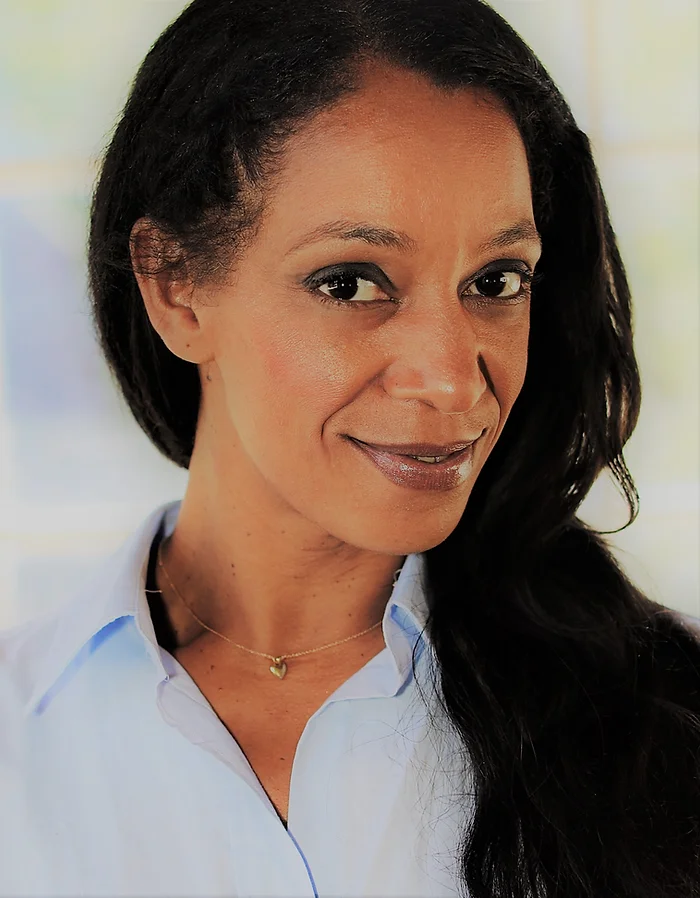Pan-African Media, Communication, and Politics: Interview with Marie-France Réveillard

Pan-African Media, Communication, and Politics: Interview with Marie-France Réveillard
How is political news covered in Pan-African media?
What dynamics exist between political journalists and communication professionals on the continent?
To explore these questions, Clipse Africa spoke with Marie-France Réveillard, a journalist specializing in African affairs, economics, and politics.
In this exclusive conversation, she discusses how political news is treated in Francophone Africa, the sometimes complex relationship between media and politics, and the challenges faced by information professionals.
1. To start, could you tell us more about your background and connection to the African continent?
I’m a field journalist specializing in African issues, with a focus on economic and political topics, particularly within the Francophone space.
Based in Paris, I’ve lived in South Africa and Kenya and have been covering the continent for over 15 years.
I write for print media, moderate conferences, and host webinars.
I hold a Master’s degree in International Law (with a concentration in Geopolitics) and a diploma in Conflict Analysis, with a specialization in African affairs.
2. How do you view the place of African news in French media?
Few French outlets follow African news on a consistent basis.
Jeune Afrique remains a benchmark for “Africanists” thanks to its longevity. Major general-interest publications such as Le Figaro, Le Monde, and Libération cover Africa sporadically, often during major events.
There are also specialized outlets like La Tribune Afrique and Le Point Afrique, which report daily on the continent’s current affairs.
On the audiovisual side, RFI, France 24, and TV5 Monde continue to enjoy a strong audience across Africa.
And for more insider perspectives, publications such as La Lettre A (formerly La Lettre du Continent) remain essential references.
3. How do African media cover political topics, and what are the main challenges they face?
Generally, information is covered in more depth and connected to everyday realities, logical, since these issues directly affect citizens.
However, political coverage can be more sensitive. In some countries, freedom of expression remains fragile, and journalists may face pressure from their editors or authorities, as Reporters Without Borders (RSF) regularly reports.
Paradoxically, even when local journalists are the most knowledgeable about a story and its actors, it’s often international media that obtain key information and recognition.
Outlets like Le Monde or Bloomberg are prioritized over local press, even if they only occasionally send correspondents and rely heavily on local fixers.
A striking example: The New York Times won a Pulitzer Prize for its investigation into Madagascar’s presidential election, thanks to the work of a local journalist, who, fortunately, shared the award.
4. How would you describe the relationship between journalists and communication professionals in Africa?
As everywhere, there are two kinds of communicators:
Those who facilitate our work by providing context, contacts, and background information
And those who make access to sources more complicated
Communicators represent personalities or institutions, so their information cannot be taken at face value. We cross-check with other sources local journalists, analysts, business actors, or civil society members.
Some PR officers avoid sensitive topics or request that certain issues not be addressed. Such requests often spark journalists’ curiosity even more. It’s far better to prepare clients for crisis communication than attempt censorship, which can backfire.
5. What do you look for in an interview with a political figure?
All journalists seek the same thing: added value. That might come in the form of:
An exclusive insight
An original angle
A new analysis
Or a significant announcement
Precision is crucial, but many political figures delegate technical details to their teams, which sometimes makes the discussion less concrete.
More and more, communication teams ask for interview questions in advance. Some journalists agree to share broad themes, but prefer to keep exact questions private to preserve spontaneity which often reveals gaps in an interviewee’s knowledge.
Similar articles
Loading similar posts...
Subscribe to our Newsletter
Don't miss anything! Subscribe to our newsletter to receive the latest articles, tips, and news directly in your inbox.